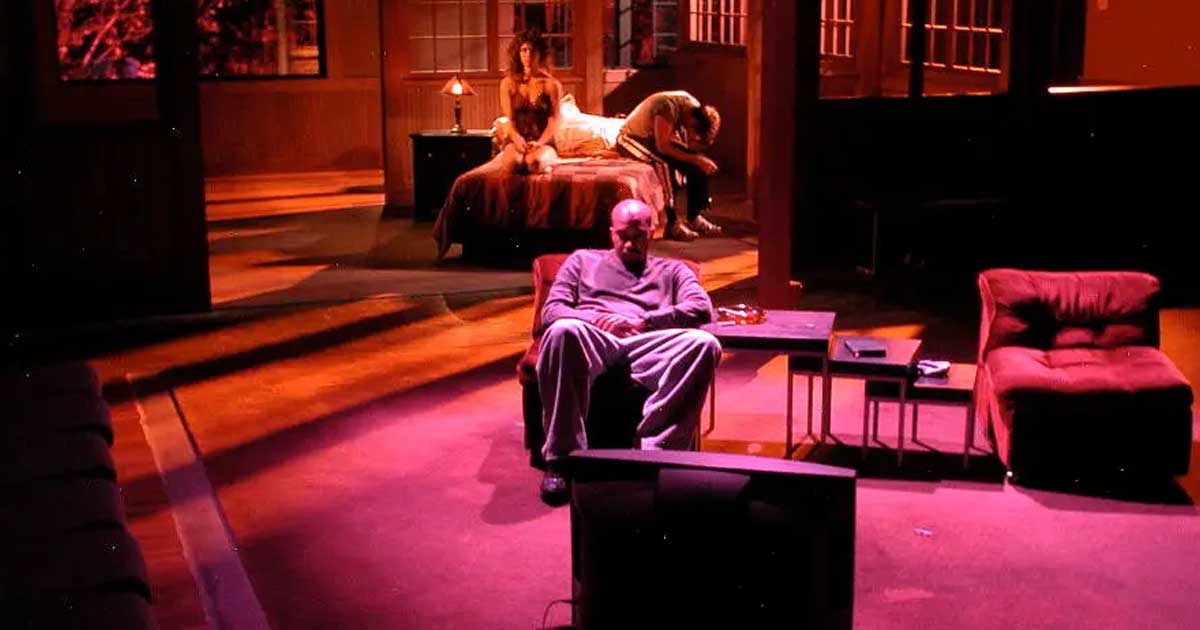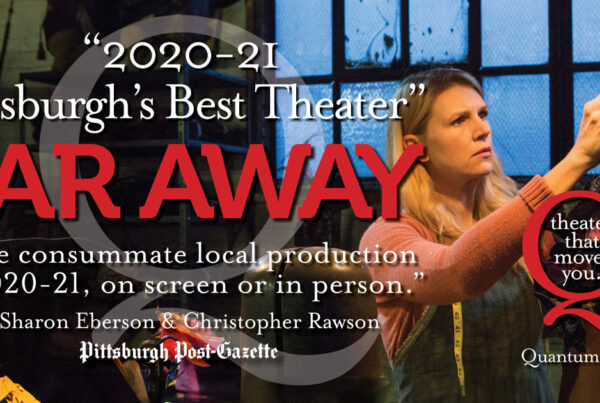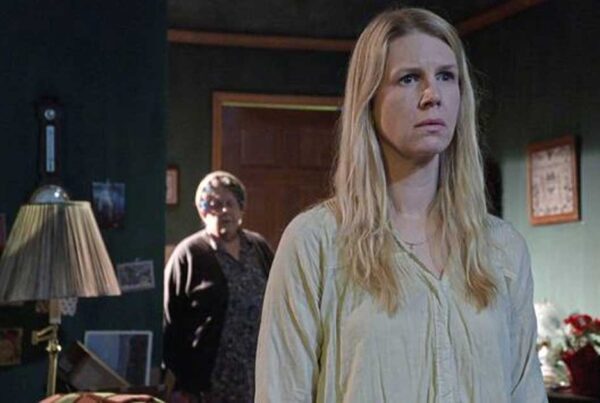
American Theatre – When looking at theatre in the mid-Atlantic region that includes New York, Pennsylvania, and New Jersey, it’s easy to be distracted by the giant sucking sound that is the vacuum of Broadway’s prolonged absence. But outside of the high profile for-profit theatres of Manhattan, theatres throughout the region are facing their own difficult choices as they also determine whether January 2021 will mark their return or another moved goalpost. In the meantime, as theatres wait to find a way back to the stage, these mid-Atlantic theatres have learned to lean on community engagement and new initiatives to find unconventional solutions to an unprecedented problem.
As an environmental company known for its work in non-traditional spaces in and around Pittsburgh, rather than in a single designated theatre building, Quantum Theatre has found itself able to withstand the COVID-19 shutdown better than many organizations.
Quantum’s unconventional ways have enabled it to avoid furloughs: It doesn’t have the financial burdens of a permanent venue, just a modest office and some warehouse space. When the global pandemic hit, it was a month away from opening the Lucy Kirkwood play Chimerica as a commemoration of the 31st anniversary of the Tiananmen Square protests in China.
Mandatory guidelines to shelter in place weren’t too big a complication for the theatre, which has mounted works in abandoned industrial sites and parks after dark. “We’re always thinking about modifying the physical circumstances, whether it’s lighting or pathing or accessibility,” said Stewart Urist, named Quantum’s new executive director in May.
For Urist, live theatre is oxygen. Accordingly he and his staff have been looking at outdoor spaces that would allow audiences as well as actors to spread out. Modifying rehearsal spaces, creating a safe backstage process, and protecting the audience are all top priorities. Quantum mounted an online production of Caryl Churchill’s Love and Information in June, with seven actor couples who have been quarantined together filming their scenes from home.
The theatre industry’s recent “We See You White American Theatre” letter and petition also prompted Urist to revisit his goals for Quantum. “I want the company to be clear-eyed and learn the lessons of this moment and grow,” he said. “Owning that personally and not trying to dodge responsibilities for all our parts in this racist system, big and small, is the first step.”




